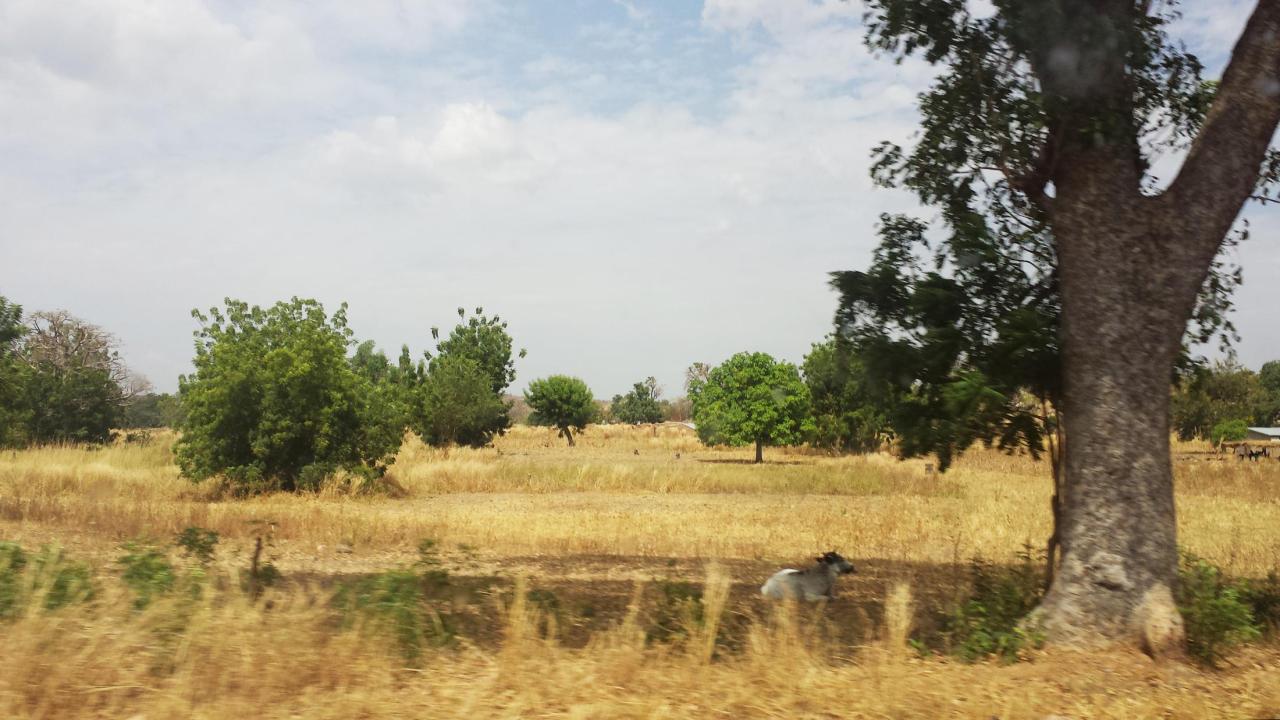
New evidence that idiosyncratic risk dominates covariate risk in rural Africa and Asia indicates the potential contribution of improved local risk management to household asset accumulation, productivity growth and poverty reduction in developing countries. This research aims to clarify what existing mechanism help households through episodes of negative shocks, what gaps in coverage exist, and how different interventions affect productivity in Bangladesh, Ethiopia and Ghana.
Risk and poverty are key, inextricable concerns in Bangladesh, Ghana and Ethiopia. The research will focus on the impact of idiosyncratic risk on asset poverty and the mechanism available to redress it. Each county has an existing data set that has paid significant attention to risk issues, social networks and gender and will allow researchers to look at the impact of idiosyncratic risk on asset accumulation and welfare dynamics.
Better understanding of idiosyncratic risk and how it affects the long-term well being of households will inform policies that help individuals, households and communities manage risk without being overly interventionist. The research will also help inform public health debates about helping households and small producers manage illness and disease, a key are of interest in Africa and beyond.
